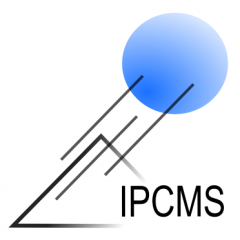Maxime Durelle (University of Leeds, UK)
Crystallisation in solution is a very common natural and industrial process, but is still poorly understood. Many different processes such as biomineralisation or industrial precipitation imply a nucleation step, but recent literature has shown that non-crystalline transient states often form prior to crystallization., These transient states are, by construction, overlooked by classical nucleation theory, but their direct influence on the nucleation mechanism is still highly debated.5
In this work we propose to investigate how the transient state, which is often small both in size and lifetime, can have a control on the nucleation mechanism. In this regard, we will study two systems, namely the cerium oxalate and the calcium carbonate, which are known to be formed by transient species. This work will aim to confirm or refute three hypotheses: (i) the chemical conditions in the precursor solution do not only affect the composition of the transient state, but also it’s local and long-range structure, (ii) crystallisation kinetics, and even the mechanism, are determined by the structure of the transient state and (iii) the structure of the transient species will alter the nucleation mechanism.
Here we show that (i) concentration and additives change not only the composition but also the structure of the transient species formed prior to the nucleation step, (ii) that the nucleation rate and the dependence of the nucleation rate on supersaturation change drastically with the structure of the transient state, and (iii) that a liquid-like or a solid-like structure of the transient species seems to induce two different nucleation mechanisms.
